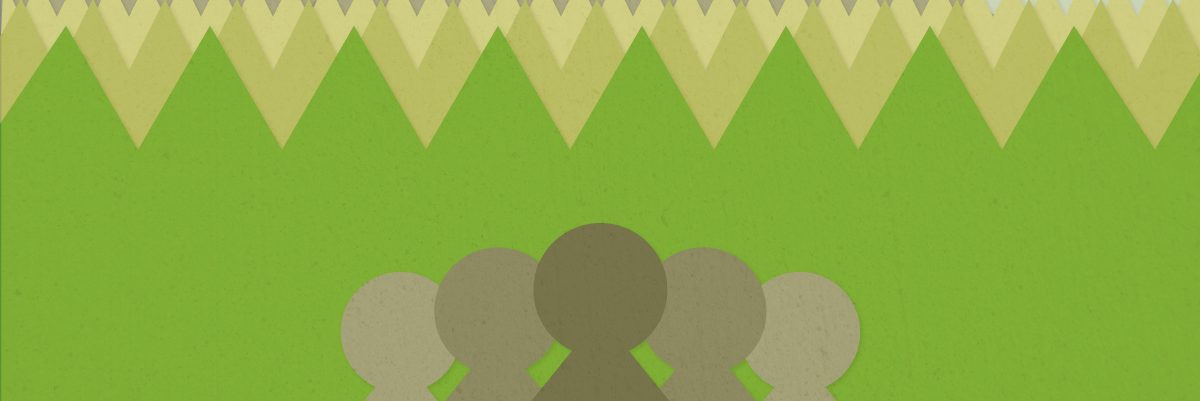The after taste of Alex’s bully beef sandwich occasioned a synaptic glow between the neuron “military” and the neuron “dislike”. He remembered the previous night’s disturbance, the loud crying out that had awakened him, and chose an indirect approach.
“You made up the sandwiches this morning, bully beef again. Part of the training, was it? When you were at Sandhurst, old boy. Not yet an officer and not quite a gentleman, as I have heard people say.”
“These people were just being nasty. Accurate, though. Training in bully beef took place after the machine gun lesson but before map reading, a sandwich course, one might call it.”
“Very witty,” Alex said.
“I was noisy again last night, wasn’t I?” Noel spoke quietly.
“For a little while only,” Alex said. “Did you get much sleep?”
“Sure I did. I was chipper at sparrowfart.” He accented the military slang. He used army expressions to fuel Alex’ sense of humour.
“I was not a hired gun, like you,” Alex said cheerfully. “I never fired ball at foreign folk. My life was spent wriggling through holes in the tax laws quite properly left by Parliament to support their wealthy families. I sleep very well at night.”
“I fought for democracy,” Noel said, smiling, “I fought to keep nice folk safe in their beds and big companies from paying out billions in claims. I made sure insurance premiums stayed reasonable. I saved the people pots of money.”
“You were an lackey of the Establishment.”
“I was a humble servant of our great democracy.”
“With a gun and licence to use it.”
Noel had an involuntary vision of the torn bodies of two Afghan soldiers jerking together on a dusty road several metres from a burning vehicle and saw again an unforgettable skyward gesture from one of the dying men. He felt the same old sun on his face, dazzling his eyes, and broke into a cold sweat. He blinked rapidly and held calm.
“I’m doing penance here. Part of it is listening to you. Come on, Randy, explain why accountants use double-entry bookkeeping.”
Alex smiled, pleased at a perceived flattery. Noel consistently refused to explain whether his dubbing Alex as “Randy” arose from suspicions of a promiscuous disposition or from awareness that a human treetrunk going by that forename held the world shot putt record. This honorific showed the friendship that had grown and united them.
“It was a bad one again last night, bad while it lasted,” Alex said. “Woke me up around five. Want to talk about it?”
There was a silence before Noel nodded in acknowledgement. He spoke slowly at first, then with increasing rapidity, his slim frame stretched on its side. A palm cupped under his chin made his speech less distinct so that Alex leaned closer although he already knew what he would hear.
“It was Lashkar Gah again,” he said, “and these poor lads, our Afghans, buying it from that American drone. I didn’t see any of the civilians last night; that dead woman, looking so beautiful (blast is bloody fluky) and the baby with its head blown off. I didn’t see the older man and the son that they later claimed was a terror suspect.”
Alex bent his head to stare at the ground. He had no desire to observe Noel’s face, to witness the intensity of expression that disfigured it.
“Before it happened I never gave any thought to the ability of a drone operator to recognise any individual, wrapped up for insulation against the heat, from a camera a thousand feet above. Yet people swallow this sort of nonsense. The media report sympathetically and cover-ups like Lashkar Gah pass unchallenged. Unbelievable how much the bastards have got away with until now.
And if they were able to recognise individuals it follows that they must have recognised the women and the kid, in which case they were killed for the greater good. Collateral damage.”
